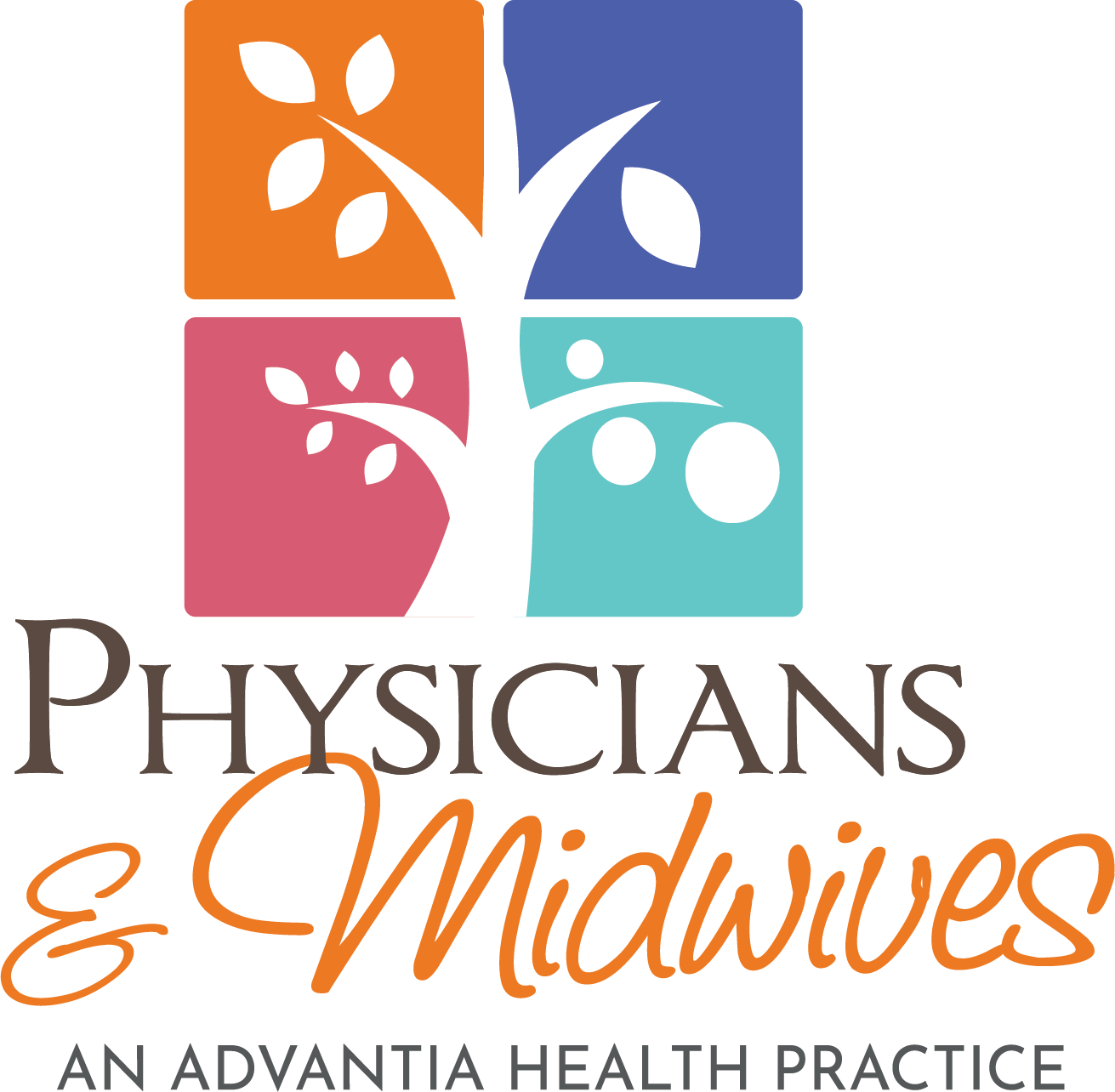
Published on: 31 July, 2013
Read Time: 5 min
Whether you are considering having a baby in the future or want to avoid pregnancy, understanding the basics of fertility and conception is crucial. Despite extensive educational efforts by organizations like the March of Dimes, misinformation about achieving a healthy, well-planned, and timely pregnancy remains widespread. The United States, notably, has the highest rate of unintended pregnancies among industrialized nations, surpassing the global average and highlighting a significant gap in pregnancy prevention knowledge.
In today’s age of abundant information and advanced technology, many women have developed complex and sometimes inaccurate perceptions about fertility. Some believe they are infertile without any medical evidence, while others assume that reproductive technologies can guarantee conception at any age, regardless of biological constraints. The reality is that up to their mid-30s, approximately 85% of women will conceive (and have a live birth) within one year of trying through unprotected intercourse during peak fertility. Conversely, the natural conception rate within one year for women aged 40 drops to about 45%, despite the increasing trend of later-in-life pregnancies.
Several common factors may cause women to question their fertility, including irregular or absent periods, a family history of fertility issues, past unprotected intercourse without resulting pregnancy, chronic diseases, concerns about a male partner’s fertility, timing intercourse during less fertile periods of the menstrual cycle, or current breastfeeding. It is important to note that couples are generally not considered subfertile or infertile until they have attempted to conceive with ovulation tracking and timed intercourse for one year (or a shorter period for older women). Additionally, fertility issues are as likely to originate from the male partner as the female partner. Therefore, a lack of conception in one relationship does not necessarily imply infertility in another. Misconceptions about low fertility can lead to unintended pregnancies.
Another area in need of more public health education is in the use of prenatal vitamins, specifically folic acid or folate. Prenatal vitamins are great for many reasons but one of the most important (and the one that has been repeatedly proven in research) is the role of folic acid in preventing spinal cord malformations (like spina bifida) in the baby. In order to be most effective, folic acid must be taken in the months prior to conception. By the time you have your first prenatal visit with your provider (which is when so many women begin taking prenatal vitamins), the baby’s spinal cord is well into its growth and abnormalities — if they’re to be — have already developed. This is not to say that you shouldn’t start the vitamins if you didn’t get them on board early, just to say that when thinking about pregnancy, the first thing to do is get on some vitamins. Better yet, if you are a women of reproductive age, even if you’re not planning a pregnancy, get on vitamins anyway!
Anyone who has already had children can tell you that there is no “perfect” time to have a baby. Life will always be too long on obligations and too short on money but having your meticulous plans thrown into chaos is one of the many amusing frustrations of parenthood. The best preparation that you can do is to get on the same page as your partner about your hopes and dreams and make a plan that has loose borders, room for change and a dose of humor. If you’re over the age of 35, you’ll need to modify “someday” into a more specific time frame for childbearing; our current reproductive technologies are fabulous but they are not guaranteed and they are certainly not without heartache and significant costs.
If you are not ready to have a child, there are so many reliable birth control options available to you and many are newly available in the past several years so forget what you thought you knew, get into your clinic for a chat and find a method that that suits you! If birth control is not an option for religious or cultural reasons, carefully implemented “natural family planning” can be a great option when done correctly and consistently. Your provider can help you get started or there are many reliable ‘apps’ and computer programs to help with this.
If, on the other hand, it seems that children are even remotely on the radar, it’s a perfect time to meet with your obstetrician or midwife for a complete physical, a review of your history and family history and to get some pointers on tracking your ovulation cycles. Working (always) to arrive at or maintain a healthy weight and starting a daily prenatal vitamin should also be on the short-list. Most of all, try to enjoy some surprise and spontaneity in the process. If you don’t conceive after some time (again, usually one year), we at Physicians and Midwives Collaborative Practice will be right there for you to investigate and help in every way possible so try not to become stressed if your friends become pregnant before you. With just a bit of forethought in a healthy partnership, an understanding of your menstrual cycle and some faith in your body, it’s very likely that you will have a healthy baby in a time frame that somehow turns out to be just the perfect time to meet your baby.

Physicians and Midwives, an Advantia Health Practice
Physicians and Midwives is a unique collaborative practice you won’t find anywhere else. We have 5 offices for your convenience all across Northern Virginia, including Alexandria, North Arlington, Mt. Vernon, Kingstowne, and Woodbridge. If you would like to be listened to, as well as cared for, then look no further.





